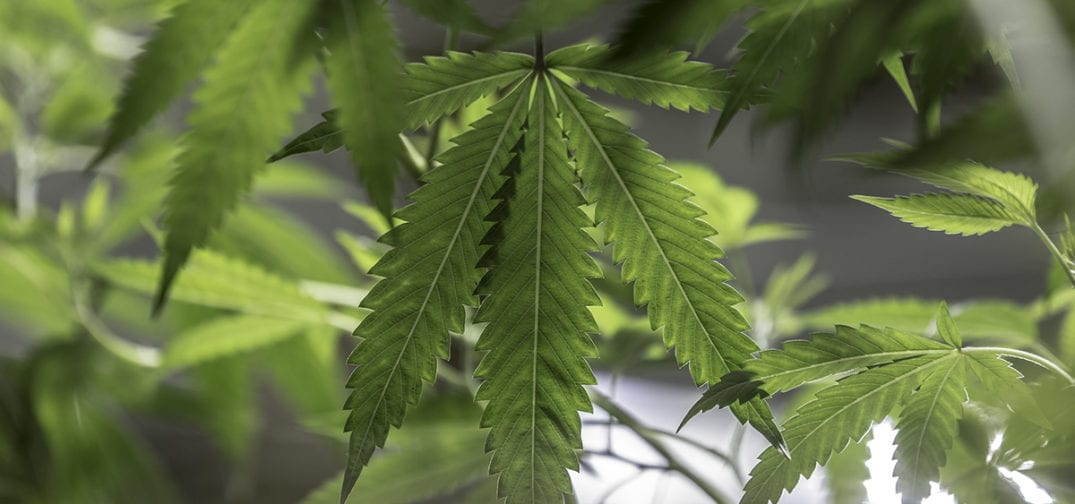Researchers at Harvard University’s Dana-Farber Cancer Institute have found a cannabis flavonoid to have “significant therapy potential” for treating pancreatic cancer, according to a CBS Local (New York) report. In studies, the flavonoid derivative – FBL-03G – killed tumor cells in 70 percent of mice with pancreatic cancer.
Flavonoids, which are non-psychoactive, are naturally occurring in plants, vegetables, and fruits, giving them their colors among other things. In cannabis, they make up just .14 percent of the plant.
Wilfred Ngwa, PhD, an assistant professor at Harvard and one of the study’s researchers, told Yahoo Lifestyle that the “most significant conclusion” of the study is “that tumor-targeted delivery of flavonoids, derived from cannabis, enabled both local and metastatic tumor cell kill.” He added that this could “significantly” increase survival rates for the disease.
In the study, the researchers note that the five-year survival rate for pancreatic cancer patients is 8 percent and that it often metastasizes to other organs before it’s diagnosed. It could be the second leading cause of cancer-related death in the U.S. by next year, behind lung cancer, according to the Pancreatic Cancer Action Network.
“We were quite surprised that the drug could inhibit the growth of cancer cells in other parts of the body, representing metastasis, that were not targeted by the treatment. This suggests that the immune system is involved as well, and we are currently investigating this mechanism.” – Ngwa, to CBS Local
Ngwa said the team hopes to complete pre-clinical trials with the compound by the end of 2020.
The study was published in Frontiers in Oncology.
Get daily cannabis business news updates. Subscribe
End
